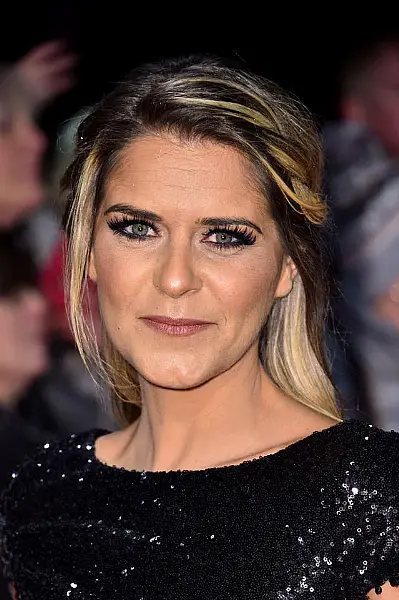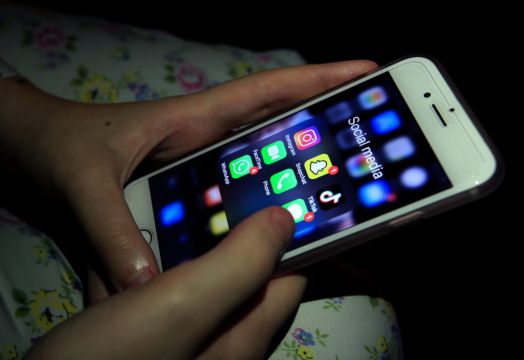An eating disorder charity has warned of the adverse effects of body-editing apps being advertised on social media platforms.
The adverts show users how they can use apps that alter images of their body, such as making their waists slimmer.
Online platforms such as TikTok and Instagram – that largely have a younger audience – have been urged to take action against advertising such apps.
Yorkshire-based charity Seed, an eating disorder support service, said it has seen a 68 per cent increase in 10 to 19-year-olds seeking help in 2020 compared to the year before, with a 56% increase overall for all age groups.
Gemma Oaten, patron and charity manager at Seed, said social media platforms have a “duty of care” to make sure they are “not just reacting but are conscious of the content that they’re delivering”.

“Unfortunately, so many people are developing eating disorders or are struggling more than they ever did in a world where they’re under a pressure cooker, they’re under microscope,” she told the PA news agency.
“Eating disorders are a mental health illness that is purely based around the need for control, and at the moment we live in a world where there is none.”
She said people struggling with their mental health and eating disorders are fearful of lockdown easing as “all they’re used to is seeing images on a phone, laptop screen or an app”.
The former Emmerdale actress, who has been vocal about her own battle with anorexia, said: “There really needs to be a level of understanding from these platforms to think about what they’re putting out there and how that might effect impressionable people, especially our youngsters who use these platforms constantly at the moment.”
Earlier this month, TikTok announced it has created a safety council to advise it on content moderation policies and practices in Europe.
TikTok’s head of product policy in Europe, Julie de Bailliencourt, said the council would be a vital tool to help the social media platform craft safety features around education and how to start conversations on sensitive topics.
“For example, young people who are coming out of an eating disorder,” Ms de Bailliencourt told PA.
“We’ve had lots of conversations on this already on what may feel intuitively like the right thing to do when you don’t know about this topic or when you don’t have a lived experience but may actually end up being unintentionally harmful or not the right thing to do.
“So when we speak with experts we want them to think around corners and tell us ‘hey, what you’ve got there is great but there’s one thing you haven’t quite thought through’.”
Last year, Instagram announced new rules for tighter restrictions on some posts related to diet products and cosmetic surgery.
To seek help with an eating disorder, Seed’s advice line can be contacted on 01482 718130 or at www.seedeatingdisorders.org.uk.







